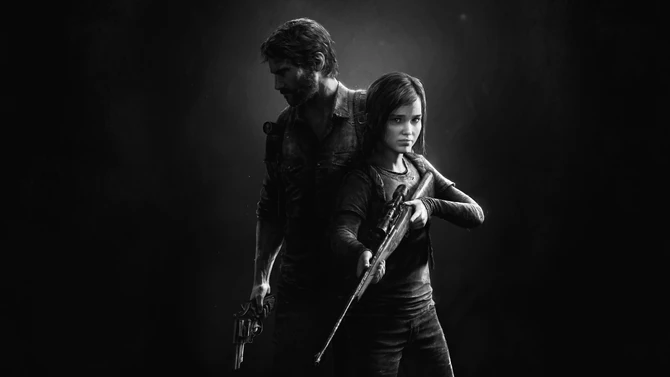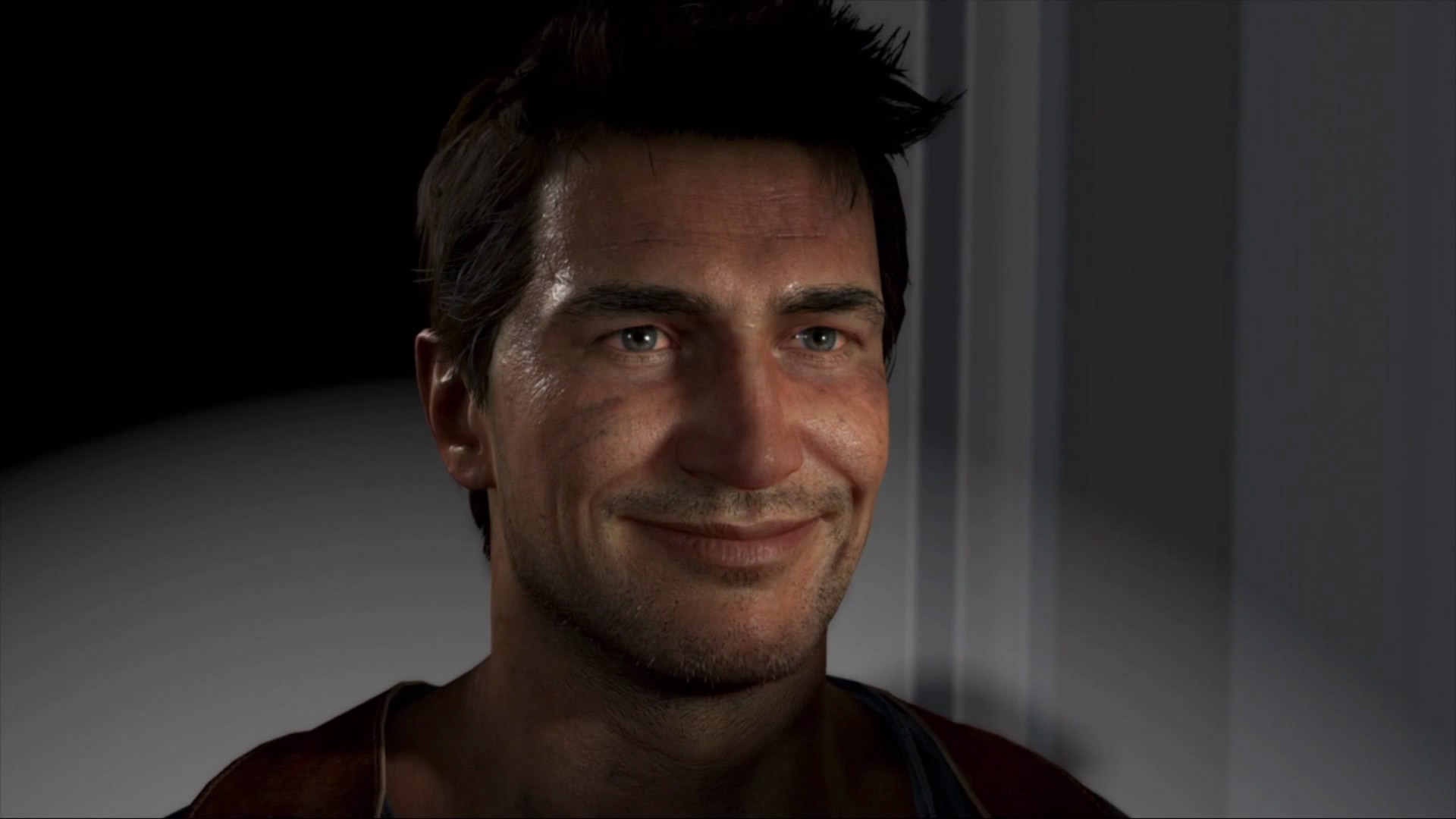The Last of Us Part II
The Upcoming Sequel to the Best Video Game of the Modern Era Might Actually Be a Really Bad Idea
These shouldn’t be SPOILERS because you really should have done your earthy duty and played this but, in case you haven’t, go and do that now before this ruins the best game you haven’t gotten around yet.
Naughty Dog’s The Last of Us is the single greatest experience I’ve ever had playing a video game. Now, I’m sure there are a good many avid gamers who would be galled by that statement, as I’d hope there are just as many who might feel the same way. That’s to be expected, as anything with so much hype behind it will inevitably experience backlash from those who feel it doesn’t live up to its reputation, but it certainly hasn’t garnered such high critical acclaim for no reason.
I suspect a majority of the people who love The Last of Us as much as me do so because they have a similar chemical make-up in their brain that causes them to immediately look for a specific set of factors to engage with in all walks of life: structured narratives, relatable characters and the purposes served by each on an emotional level. Obviously, for books, television and movies, this is an automatic response that allows us to fully immerse ourselves in the experience, but it doesn’t always translate so well to interactive gameplay. Mark my words: no other game in modern history does this better than The Last of Us. For that very reason, the recently announced sequel could wind up completely fucking its legacy to death.
Let’s start with the story of the orignal, which is tricky to simplify without reducing its overall impact, but here we go: Joel (Troy Baker) has survived twenty years in a world bordering on the apocalyptic, cast into a chaos by the emergence of a contagion that leads the infected hosts to become crazed, flesh-devouring… well, I don’t wanna say “zombies”, but fuck it, they’re zombies. Joel’s existence is defined by the loss of his teenage daughter years earlier, leading him to become a hardened and not altogether pleasant man who gets by smuggling contraband and weapons into a refuge in Boston, which is currently under martial law. One day Marlene (Merle Dandridge), the leader of a rebellion called the Fireflies who seek to wrest control from the military back into the hands of the people, asks Joel to escort a young girl named Ellie (Ashley Johnson) to a Firefly enclave. See, Ellie’s been bitten by an infected but has never “turned”, as everyone before her quickly has, leading Marlene to believe Ellie may hold the key to a cure or at least a vaccine from the infection itself.
On paper, I’m aware how rote and young adult novel-y that all sounds, so it’s very much to the credit of the game’s writers and especially its performers that it carries so much emotional heft and consequence. Bearing witness to the inch-by-inch bond that forms between Joel and Ellie – who have both lost so much in such a brutal manner as to be equally closed off to the notion of any sort of connection – is touching in a way that most full-length films don’t quite manage. The interactivity of the medium is crucial to this aspect and very shrewdly employed: think of all the times you have to work with Ellie to overcome an obstacle, whether by boosting her over a locked gate or using a buoyant platform to help her cross a body of water. Some would call it repetitive, but that’s precisely the point, developing this shorthand with your companion so by the eighth or ninth time you both instinctively know the drill, naturally working together towards a common purpose and the chance to keep on surviving together.

Now, for some gamers, that all probably sounds a fair bit wanky and very much besides the point of the role video games play in their lives. That’s fair enough: the motivations of those that play video games can vary greatly from person to person. Some people play primarily as a distraction, which I do too, usually in the form of any of the Grand Theft Auto games with every cheat under the sun enabled. Others choose strategy and team-oriented online games that reflect, in their own way, the participatory nature of sport, like DotA, LoL or Overwatch. In order to continuously provide that escape, these titles often employ multiple sequels and downloadable content to great effect, usually eschewing the plot and characters for the gameplay itself (that’s not to denigrate the sardonic storytelling in the GTA series, I just doubt that it’s one of the biggest pulls for most people).
With The Last of Us, however, Naughty Dog crafted an entirely self-contained story with a discernible beginning, middle and motherfucking perfect ending, so much so that to extend upon it in any way could easily infringe upon its considerable achievements as a closed narrative. When Ellie and Joel finally make it to where they’ve been headed for close to twelve months, their relationship has been solidified by everything they’ve been through: Joel sticking with Ellie even when given the opportunity to foist her onto someone else, Ellie nursing Joel back to health after a severe injury during a gruelling winter.

For all intents and purposes, Joel has accepted Ellie as his surrogate daughter in place of the one he lost so long ago. So, when Marlene reveals to him that they’ll need to remove and dissect Ellie’s brain (yes, I’m aware how hokey that sounds, but shut up, it’s horrifying) in order to have any hope of synthesising a cure, Joel goes on a rampage. He murders virtually the entirety of the Firefly movement, desperately carrying an unconscious Ellie to safety in a scene that brutally mirrors his attempts to save his daughter twenty years earlier. Whilst escaping, he encounters and incapacitates Marlene; as she begs for her life, he shoots her in the fucking face and absconds with Ellie.
Crucially, in the game’s final scene Joel lies to Ellie and tells her that, while she was unconscious, he was told the Fireflies were no longer pursuing a cure, that it was up to the two of them now to keep on surviving, for no other reason than to be each other’s solace in this fucked up world. Ellie, skeptical, presses him on it: “Swear to me that everything you said about the Fireflies is true.” Joel pauses, arcs up slightly and, after a heavy sigh, says, “I swear.” Ellie looks at him ambiguously but, after a tense moment, she relents: “Okay.” Cut to black.

Do you see what I’m saying? This game need no additional content; from that final moment, it solidifies itself as one of the crowning achievements of long-form storytelling in recent memory, across any form of entertainment. That said, there are a couple of holes in my argument here, the most glaring of which is that The Last of Us already has some additional content in the form of a prequel, The Last of Us: Left Behind, which focuses on the time before Ellie met Joel, when she and her friend Riley were bitten and both committed to go down in flames together. I would say that, while it still technically counts as an extension of the world of The Last of Us, a prequel is more liable to provide additional shading to a character rather than open a whole new chapter on their life, something that the brief but engaging Left Behind pulls off quite well.
Additionally, Naughty Dog also produced the wildly popular Uncharted: Drake’s Fortune, a game that does almost as well at combining actual gameplay with an involving plot as The Last of Us and has spawned three pretty decent sequels in the process. Then again, the narrative avenues open to a game which is basically “Indiana Jones as a carefree mass murderer” have a lot more reason to explore than something like The Last of Us, which certainly seems to have a different impetus and wildly darker tone than any of the Uncharted games. Whereas the latter is a competent tale about a wise-arse treasure hunter that occasionally gets a little sappy but touching, the former is an achingly well-told morality tale, littered with memorable characters and unafraid to address tough, ambiguous questions about human nature.

In anticipation of this sequel, I feel the same mixed emotions I do leading up to Trainspotting 2. I mean, on the basis of the strength of the original, I am entirely willing to give the benefit of the doubt to the creative forces behind it, but I can’t shake the feeling that it’s a fucking terrible idea. The danger of extending upon an immaculate, self-contained story is not only that you might wind up repeating the same beats to diminished returns or simply wander off on pointless tangents; it’s the overall potential to retroactively tarnish the beauty of the original, to provide the means to poke holes in and disassemble the magic at play. Video games are fantastic at transporting us to other worlds; sequels have the unfortunate tendency to bring us back to reality.
2 Replies to “The Last of Us Part II”